Taxation on Whole Life Insurance

Although there are many variations of permanent whole life insurance typically, you take out a policy on the insured’s life that remains in force as long as you pay the premiums. Meanwhile, the policy builds up a cash value you can borrow against, if needed. Alternatively, you may claim the accumulated cash value minus any applicable charges or fees if you surrender the policy. If you keep paying premiums, or if the policy is completely paid up, your beneficiaries ultimately receive the death benefit.
This can help a family cope during tough times. The funds generally are accessible shortly after the death of the insured.
Life insurance costs varies widely based on factors such as the amount of coverage, your age, health and family history. But you can generally find a policy with a reputable insurer that is affordable for your situation.
Taxation of whole life insurance provides the following tax breaks:
- No income tax when you acquire the policy.
- No income tax when cash value builds up within the policy.
- No income tax when the death benefit is paid to beneficiaries.
In other words, life insurance is completely exempt from regular federal income tax. This generous tax treatment is especially attractive to upper-income taxpayers. Currently, the top income tax rate is 37%, plus certain high-income individuals may have to pay an extra 3.8% “net investment income tax” (NIIT) on a portion of investment earnings. When you add the NIIT to the top tax rate, you could be paying tax on some income at a 40.8% rate, not even counting state income taxes.
Life insurance proceeds will be included in your taxable estate if you own the policy or otherwise have any “incidents of ownership,” such as the right to change beneficiaries. But this result can easily be avoided by transferring ownership of the policy to an irrevocable life insurance trust (ILIT). Furthermore, even if the proceeds are subject to estate tax, a generous $10 million exemption (indexed to $12.92 million in 2023) can cover the liability federally (currently reverts back to $5 million indexed in 2026).
If you would like to learn more or to set up a consultation call Marlies Y Hendricks CPA PLLC at either 716-694-3500 or 910-769-8730.
The above information is of a general nature only and should not be relied upon for specific situations.


